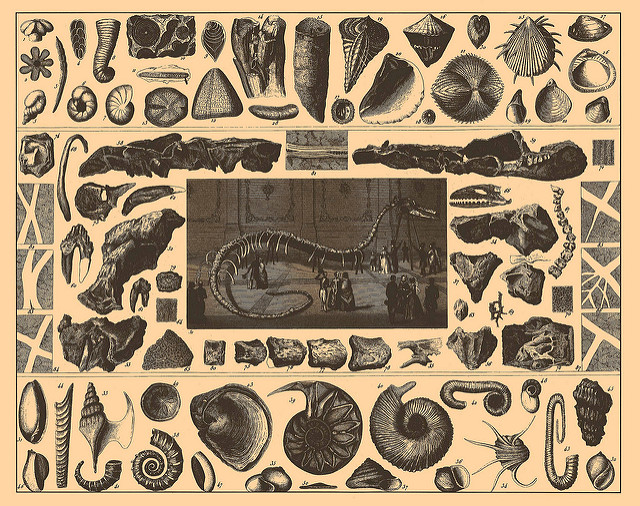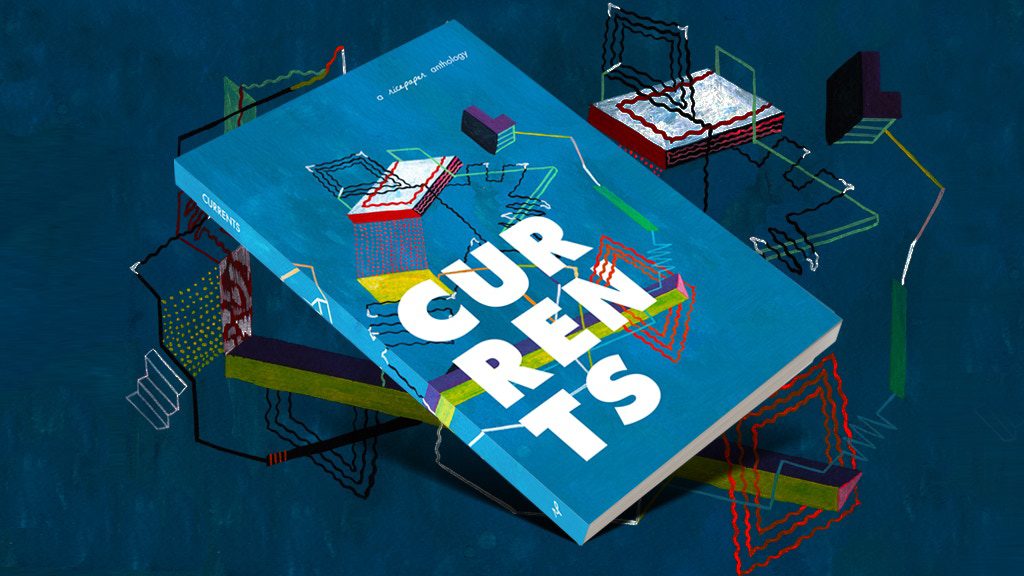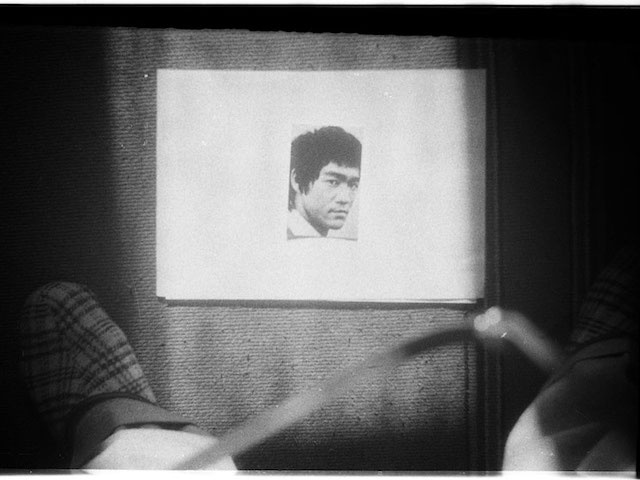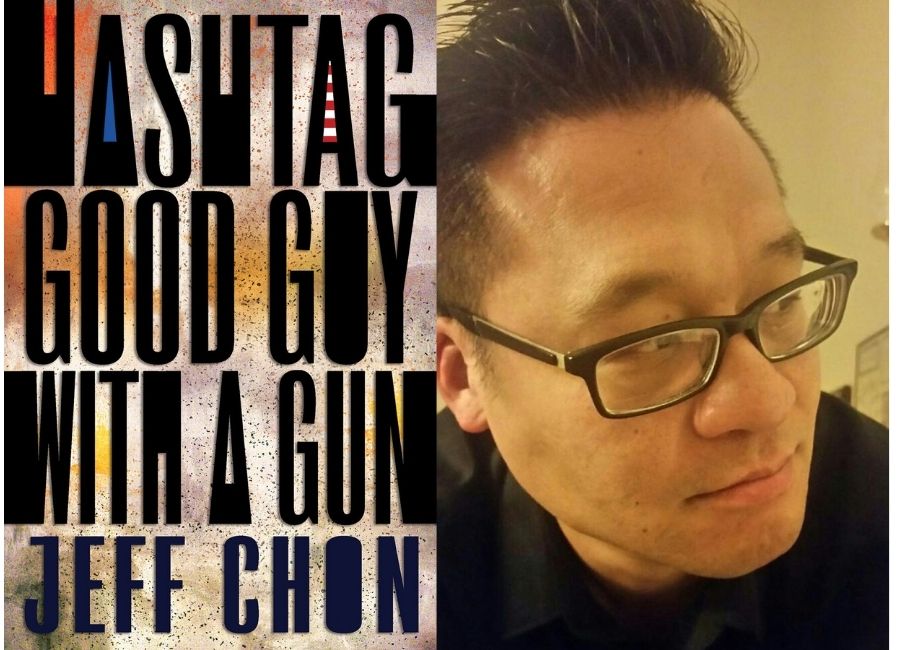Anelise Chen’s latest mollusk column, the painful search for Asian American identity, “anti-blah” writing and more are featured in this week’s link roundup.

August 15, 2017
This week’s links recall and imagine what it looks like to survive in a world that threatens its inhabitants. From Margins Fellow Kyle Wu’s report on the Asian American Literature Festival, which took place just steps from the White House, to Anelise Chen’s piece centered on a mollusk navigating the ongoing climate crisis, to Jay Caspian Kang’s article investigating connections between Asian American fraternity culture and the death of Michael Deng, read on for more ideas on how to ethically build a world with room enough for all of us.
A Report from the Asian American Literature Festival by Kyle Wu
The Margins Fellow Kyle Wu reports on the Smithsonian Asian American Literature Festival, which took place in D.C. from July 27-29. The festival brought together writers and readers of Asian American literature for three days of community-building. (As Wu writes, “The fact that it’s called a festival, not a conference, is demonstrative of its communal, celebratory spirit.”) Events spanned intergenerational panels on Vietnamese literature to readings celebrating the launch of Poetry’s first Asian American issue. On the festival’s inaugural spirit, Wu quotes Sally Wen Mao’s remarks from the closing reading:
“It feels so radical to create this space in this location, this space that asserts how important language and words are, how words and language are related to power. How they can exploit power but also reclaim it. I hope we come away from this weekend with that in our hearts, the idea that our words and language can reclaim that power.”
There Is No Safe Place to Hide by Anelise Chen
In this latest installment of Anelise Chen’s mollusk column—yes, a series devoted to the soft-bodied creature of the phylum Mollusca—Chen’s mollusk watches the world around her degrade. Witnessing acid rain, rising oceanic pH levels, and a national leader who will turn his back on international climate agreements, the mollusk observes how those around her attempt to insulate themselves from spreading danger:
She has no doubt that the desire to enclose, to sequester, to clam down, comes from a place of sincere anxiety. She has no doubt that when certain people refuse to acknowledge that the same air and water cycle around the globe, or, especially, that America doesn’t exist in a bubble, it is to protect a sacred and urgent sense of sovereignty. But how will one clam down when the materials for shell building—food security, clean water, breathable air, health care, education, basic tolerance, those things each citizen needs to be protected—are quickly being eroded away, often by the very same methods of exclusion?
New Zine: 12 Things to do Instead of Calling the Cops
The May Day Collective and Solidarity & Defense have teamed up to produce a new zine-list presenting alternatives to calling the police in times of perceived danger. Explaining their motivation for producing the zine, the makers write: “Calling the police often escalates situations, puts people at risk, and leads to violence. Anytime you seek help from the police, you’re inviting them into your community and putting people who may already be vulnerable into dangerous situations.” Click the link to download the PDF and read on.
Migration Pattern: Chen Chen by Valerie Wu, with Chen Chen
In this interview, Valerie Wu and Chen Chen discuss “anti-blah writing,” promoting writers of color, and coming into one’s identity as a writer:
“What keeps me writing poetry specifically is the challenge of using and reinventing poetic structures and devices. And the delight of language. The possibilities of language. The surprise and the music and the restless entangling with. The political inquiry that is also about a hippopotamus. Perhaps. Finally, or really first of all, emotional—I write to see myself and others a bit better, to be a bit better, to live a bit more deliciously. I write to grow up but also to stop growing up in the boring adult ways of getting better at pointless conversations and caring about institutionally recognized and supported forms of “success.” I write to grow out of being that kind of adult. I want a different adulthood. I mean: when I grow up I want to be a witch who lives in Venice, but without Rumpelstiltskin.”
What a Fraternity Hazing Revealed About the Painful Search for an Asian-American Identity by Jay Caspian Kang
In this investigative piece, Jay Caspian Kang reports on the circumstances around the recent death of Chun Hsien (Michael) Deng, who was knocked into a coma during a hazing ritual performed by the Baruch College chapter of Pi Delta Psi Fraternity. By detailing the fraternity’s harrowing pledging practices—given names like “Glass Ceiling” and “Bataan Death March”—the article suggests how easily a need for belonging can slip into violent supremacy unchecked.
“Asian pride is a laughable concept to most Americans. Racist incidents pass without prompting any real outcry, and claims of racism are quickly dismissed. A common past can be accessed only through dusty, dug-up things: the murder of Vincent Chin, Korematsu v. United States, the Bataan Death March and the illusion that we are going through all these things together. The Asian-American fraternity is not much more than a clumsy step toward finding an identity in a country where there are no more reference points for how we should act, how we should think about ourselves. But in its honest confrontation with being Asian and its refusal to fall into familiar silence, it can also be seen as a statement of self-worth. These young men, in their doomed way, were trying to amend the American dream that had brought their parents to this country with one caveat:
I will succeed, they say. But not without my brothers!”
Kickstarter for Currents: A Ricepaper Anthology
The Asian Canadian Writers’ Workshop launched a Kickstarter campaign to fund the publication of Currents, a print anthology celebrating selected works from Ricepaper, their digital magazine. Support Asian literature throughout the diaspora by donating today!




